By Sixtus Ekwo
The 2023 general elections in Nigeria that produced a new president, national lawmakers, state governors, and state legislators will go down in history as one of the most flawed elections conducted in the West African country. International observers, political pundits, and even the country’s electoral body – INEC acknowledge the process was less than transparent amid massiveaw rigging, intimidating, and manipulating of voters to favor one candidate over another. While the conduct of the election is disappointing, there is already some finger-pointing at the bimodal Voter Accreditation System (BVAS) machines deployed by the Independent NationalElectoral Commission (INEC) for the authentication of voters as the source of the mismanaged election that saw unprecedented participation of youths. Nigeria should not blame BVAS. Instead, INEC’s incompetence and corruption led to Nigeria’s failed election process in 2023.BVAS was not the cause of Nigeria’s failed electoral process. BVAS like any other computer system performed on the concept of “Garbage In, Garbage Out” and WYSIWYG (What YouSee Is What You Get). What was fed into BVAS was processed by the device and the outcome was what INEC made Nigerians believe was the result of the election.
BVAS is a device designed to register voters, accredit voters before voting on election day, transmit election results to the INEC viewing portal after voting, help to scan the barcode or QRcode on the Permanent Voter Cards (PVCs) or voter’s register before voting and doesn’t require internet connectivity during voting; however, it requires the Internet when transmitting election results to the INEC’s Election Result Viewing platform (IReV) also called INEC portal that should be accessible to the public.BVAS works by having your face or fingerprint scanned to get your information from INEC’sdatabase; for BVAS machines without cameras, the code on your PVC will be scanned. Also, a green light on the machine MUST appear for your accreditation to be complete before you go on to vote. Keep in mind that BVAS only allows three trials after which you cannot get verified again. The caveat here is that if the green light does appear and you cast your vote, that may lead to over-voting. Remember that when INEC was collating the results, there was a lot of over-voting from different PUs. Last, the BVAS machine has a default setting of 0000, any number here means that it has been tampered with. It can be well understood that the lack of Internet connection for real-time or near-real-time transmission of election results created room for the manipulation of results and widespread rigging that Nigerians experienced during the last Presidential and Gubernatorial elections.
It is extremely unfortunate that despite the huge amount earmarked for the conduct of this election, INEC could not provide adequate IT infrastructure for the election. Why didn’t INEC liaise with GSM or telecom providers to have Wi-Fi in polling units (PU) for real-time transmission of election results? Was this an oversight or deliberate action to influence the outcome of the election? Why didn’t INEC train its staff and educate the public to avoid people’s votes being thrown out because of over-voting? A layman would have understood over-voting to mean excess votes, but that was not the case. Furthermore, developed countries like the United States of America (USA) use the manual form of verification, some of the things that BVAS does, but they have been successful because of the confidence, transparency, and honesty of the electoral officials. After accreditation by these electoral officials, voters use the electronic voting method that involves several types of machines: touchscreens for voters to mark choices, scanners to read paper ballots, scanners to verify signatures on envelopes of absentee ballots, and web servers to display tallies to the public. Aside from voting, there are also computer systems to maintain voter registrations and display these electoral rolls to polling place staff. Even when most election offices handle thousands of ballots, with an average of 17 contests per ballot, the USA recognizes that machine counting can be faster and less expensive than hand counting.
So, the question remains why INEC didn’t want to implement this technologically advanced voting process that costs taxpayers over $300 million? The quick answer is to have some money to be embezzled or misappropriated and spend part of this taxpayers’ money defending their complacency, ineptitude, and corruption in a court of law. Again, on March 18th, 2023, the worst happened during the Gubernatorial election when voters were intimidated by hoodlums in some states, especially Lagos State. BVAS was snatched by these hoodlums and INEC officials manipulated the results of the election again. Do we have to blame BVAS for these shameless practices? If BVAS devices were snatched by hoodlums and miscreants, INEC would have implemented a technology called “Remote Wiping” that can help you wipe information stored in any stolen device.
Recently America used this technology to wipe out information from a US drone flight that was hit by a Russian jet. The problem with Nigeria elections is corruption, and INEC seems to be the major culprit. Can we ask INEC to account for how they spent over =N=305bn (Three Hundred and Five Billion Naira) budgeted for this exercise? All the problems associated with these elections point to the fact that the INEC body was not prepared. They refused to take care of the security and safety of voters, and provision of infrastructure for the real-time or near real-time transmission of results. They created a situation where results could not be trusted by waiting days before transmitting the results to IReV vis-à-vis the INEC portal, and they were not unable to wipe the information stored in stolen BVAS devices using a Remote Wiping technology. Furthermore, they refused to train their officials on the usage of BVAS devices, they didn’t educate the public on how BVAS works to avoid over-counting. The effect of these incompetencies from INEC will affect voters’ turn-out in future elections because they will feel that their voices were not heard.
In conclusion, BVAS when combined with the electronic voting system will help in having free and fair elections in Nigeria. Let’s keep in mind that youths are the losers when INEC fails because they will not have the opportunity to elect credible and competent leaders that will provide employment opportunities, good roads, and resolve youth restiveness. It is a big shame that Nigeria is endowed with natural resources, yet Nigerians are living in abject poverty due to corrupt leaders. INEC had the opportunity of conducting a credible, free, and fair election, but the corruption in Nigeria has become a cankerworm that has eaten into the bone marrow of our country. It has penetrated all the sectors of government and this last election would have been an opportunity to remove this plague, but INEC entrenched the malady.
Dr. Sixtus Ekwo (Ph.D. Information Technology) is CEO, SIXTECHCONSULTING LLC Charlotte NC USA. Sixtus can be reached via Email:Sixtuskana@yahoo.com






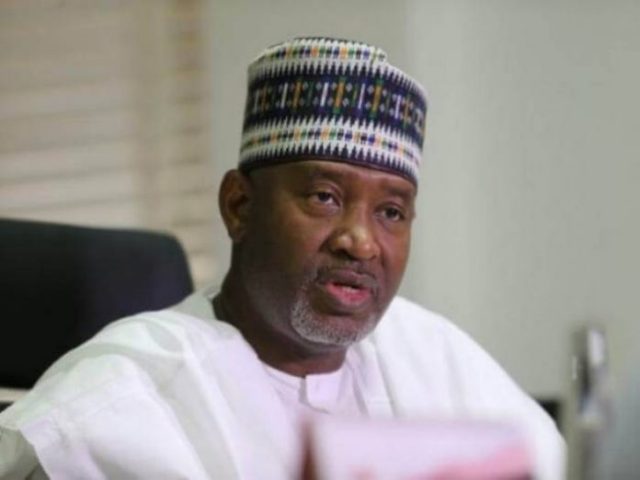




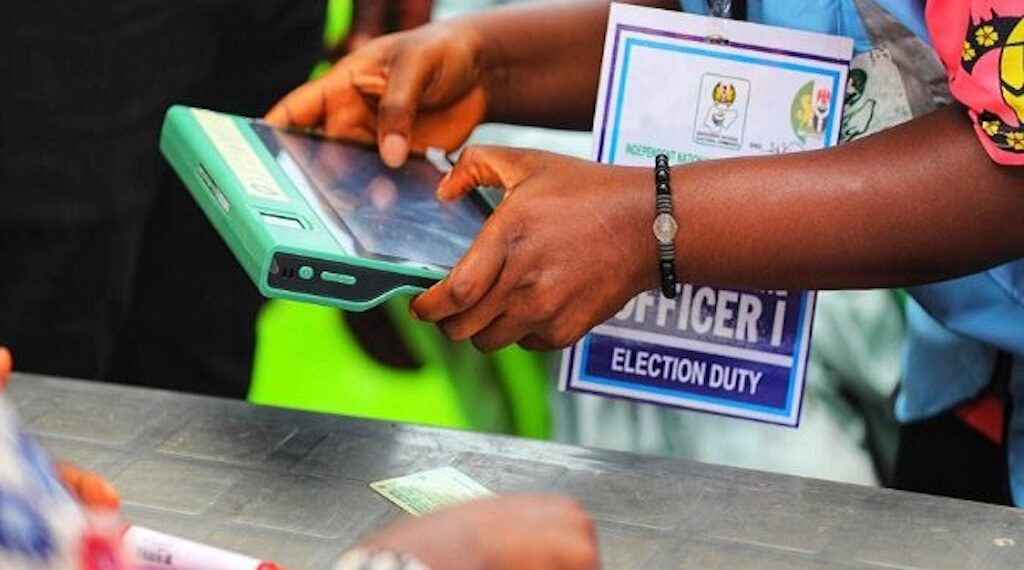



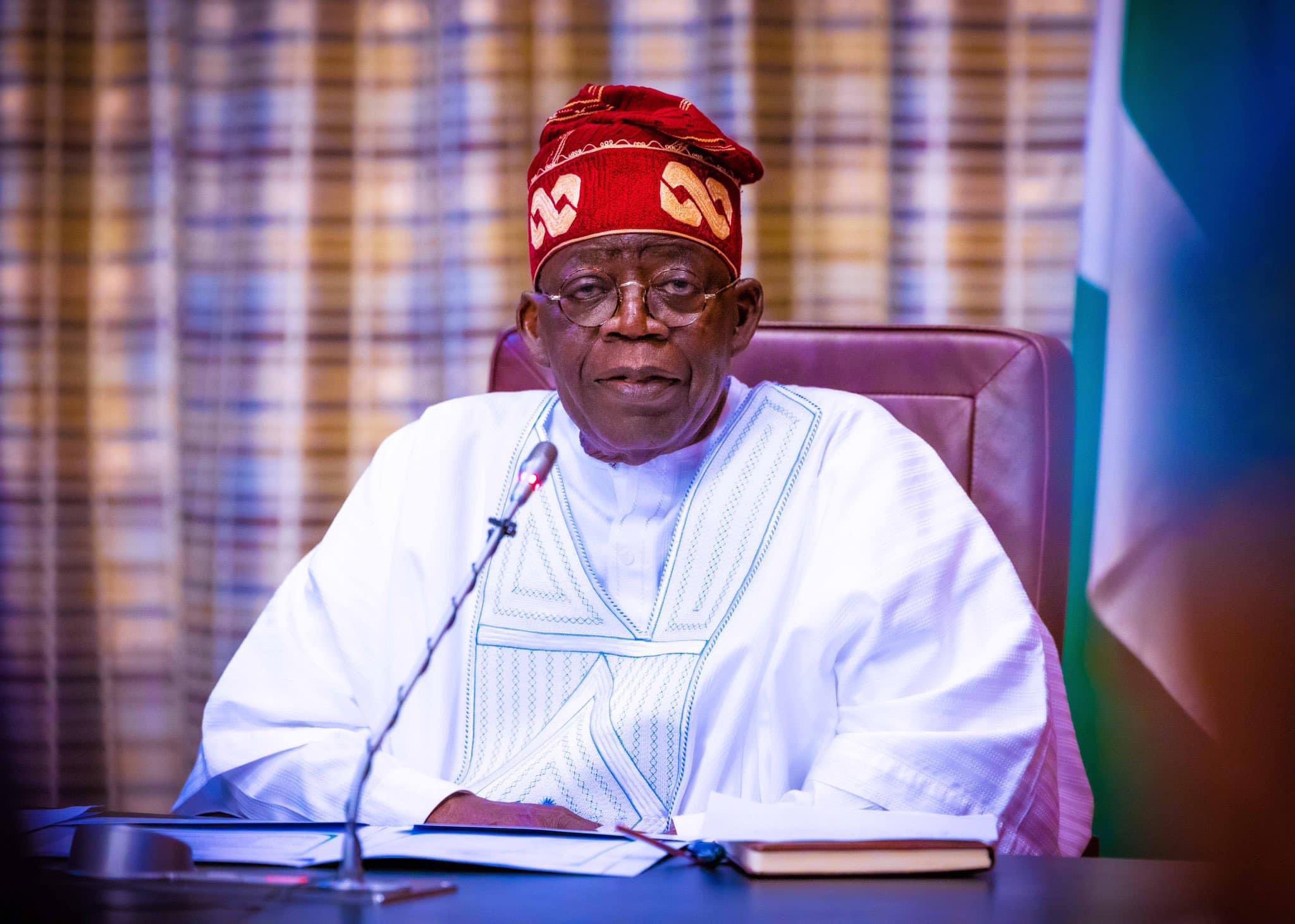





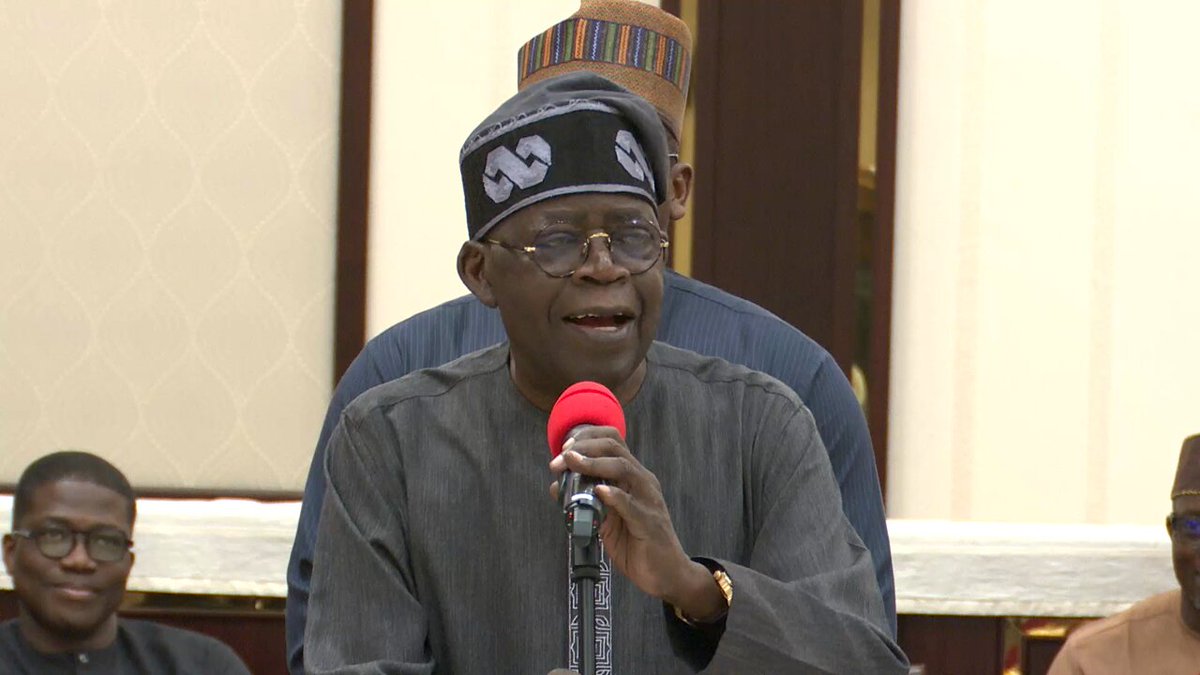

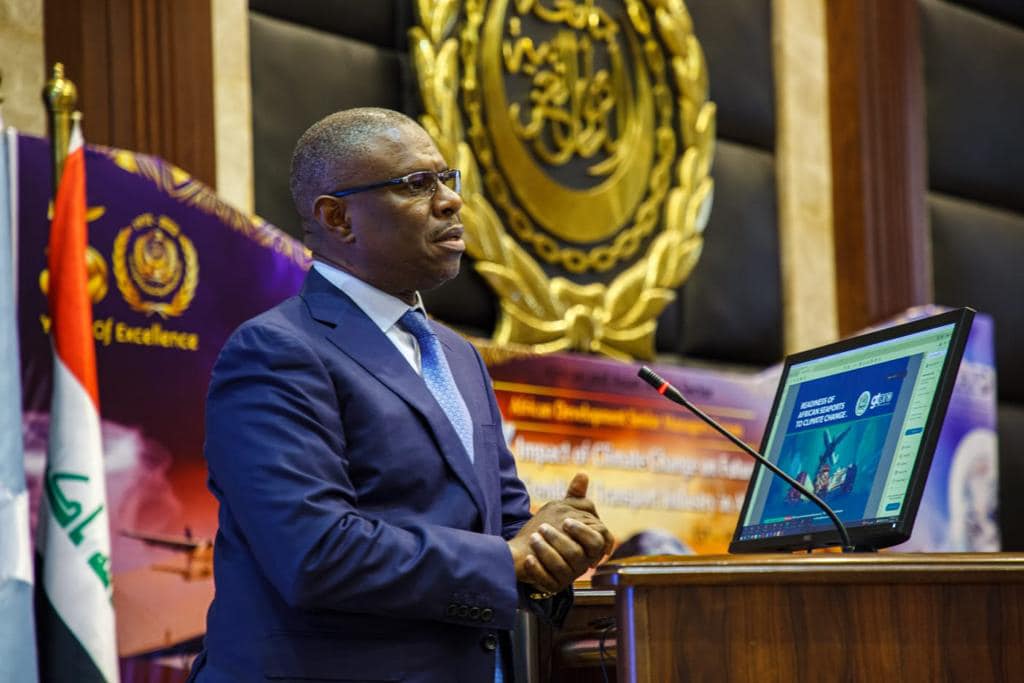

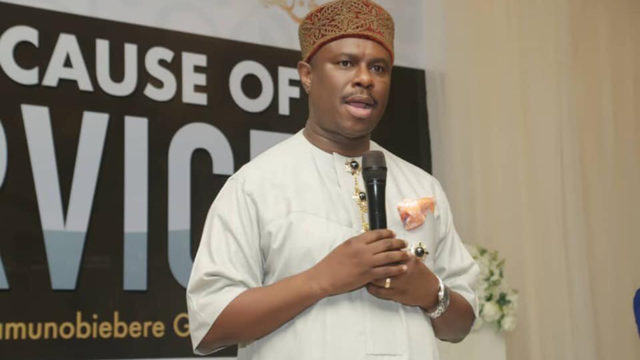



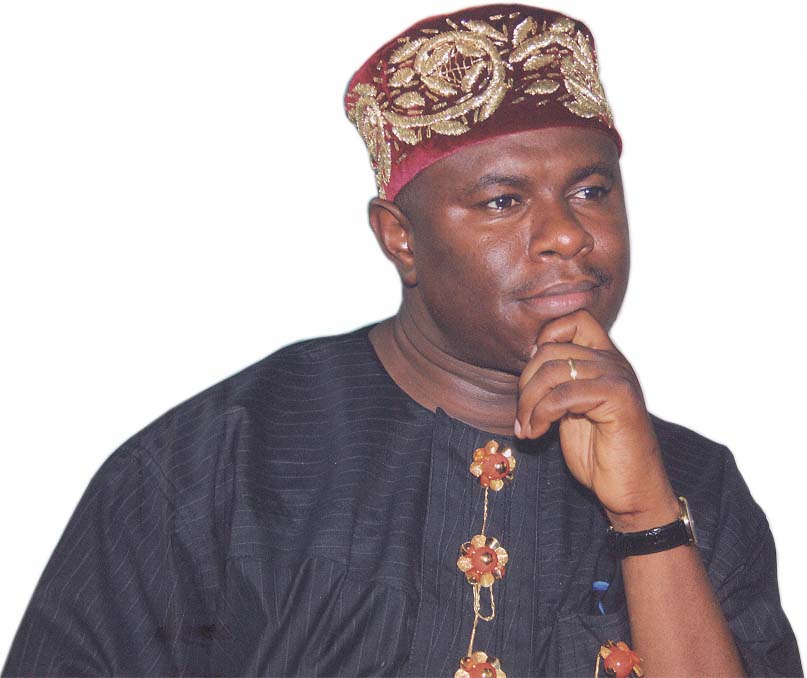

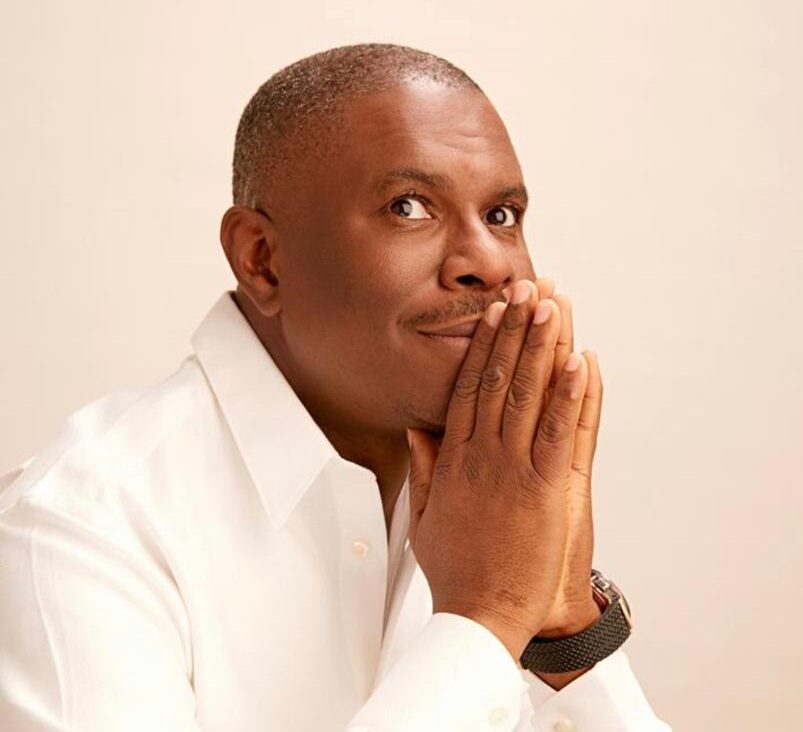


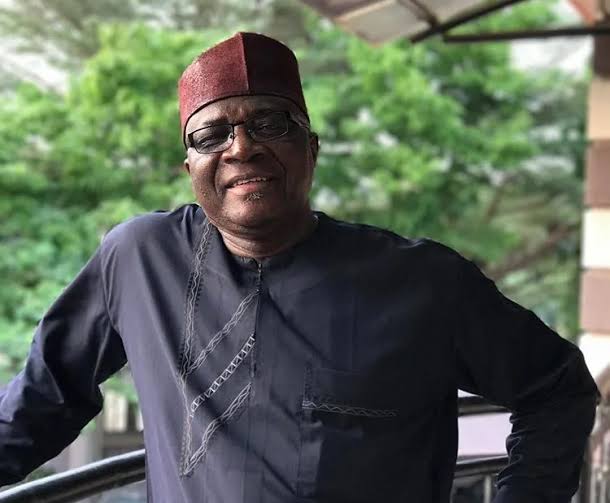
Leave a comment